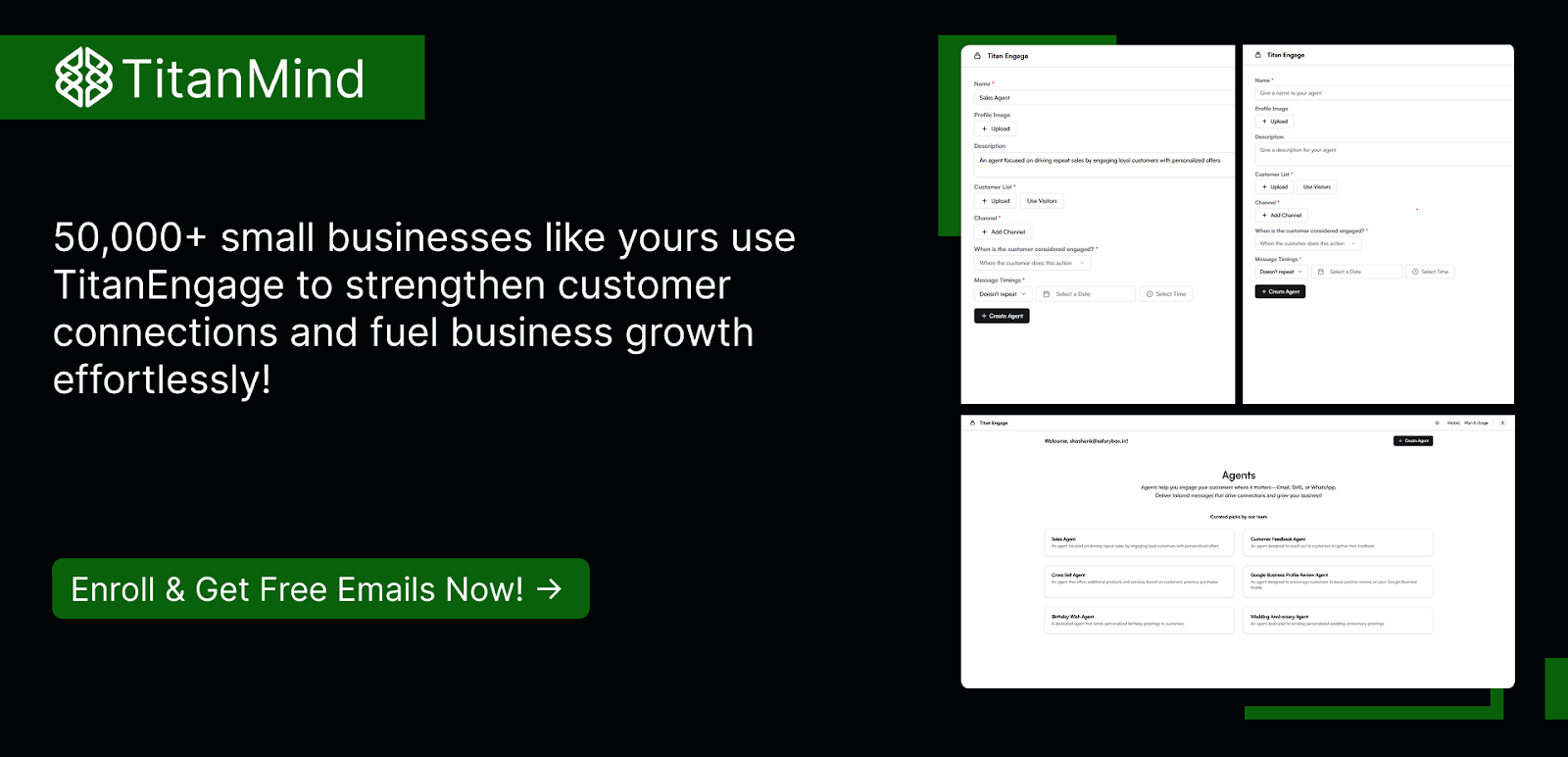Any successful company's foundation is customer retention. While keeping current clients guarantees consistent income and long-term expansion, attracting new ones is vital. Artificial intelligence (AI) allows companies to have strong capabilities to improve consumer experiences, forecast behavior, and build loyalty. Here are seven proven ways artificial intelligence can help you reach your target of better client retention.

1. Personalized Customer Experiences
Artificial intelligence helps to enable hyper-personalization by examining consumer data and habits to provide customized experiences. AI-driven recommendation engines, such as those used by Netflix and Amazon, suggest products, content, and services based on past interactions. This level of personalization makes customers feel valued and understood, increasing their likelihood of staying loyal.
Moreover, AI-driven CRM systems can track customer preferences, past purchases, and browsing history, allowing businesses to send highly targeted offers and content. This results in rising engagement and conversion rates. Customized experiences help establish a closer relationship between companies and consumers, increasing retention rates.
2. AI-Powered Chatbots and Virtual Assistants
Instant customer service from chatbots and artificial intelligence-driven virtual assistants rapidly and effectively addresses problems. Unlike human representatives, AI chatbots can manage several questions concurrently, ensuring no consumer is kept waiting. They also provide 24/7 availability, therefore raising client happiness and lowering annoyance.
Natural Language Processing (NLP) helps advanced chatbots understand consumer questions and offer appropriate answers. They can also escalate complex issues to human agents, ensuring a seamless support experience. Businesses can program chatbots to provide product recommendations, assist with troubleshooting, and even process transactions, enhancing the overall customer journey.
3. Predictive Analytics for Customer Behavior
AI-powered predictive analytics can forecast client behavior, allowing firms to solve issues before they worsen. By examining trends in customer interactions, AI may predict churn risk and assist firms in taking preventive steps, such as providing targeted discounts or incentives.
Predictive analytics can also identify high-value customers and suggest strategies to increase their lifetime value. Businesses can use AI to determine the best time to engage customers, send relevant promotions, and create personalized experiences that encourage continued engagement.
4. Sentiment Analysis for Improved Engagement
Sentiment analysis uses artificial intelligence to track consumer comments, social media references, and reviews to determine public opinion. By understanding customer emotions in real-time, businesses can swiftly address complaints, improve products or services, and enhance overall customer satisfaction.
AI-driven sentiment analysis tools can categorize feedback as positive, negative, or neutral, allowing businesses to prioritize responses and resolve potential issues before they escalate. Companies can also use sentiment analysis to refine their marketing strategies, ensuring they align with customer expectations and preferences.

5. Automated Email Marketing Campaigns
AI enhances email marketing by sending personalized, behavior-triggered emails at optimal times. AI-driven tools analyze customer preferences and interactions to deliver relevant content, boosting open rates and conversions. This targeted approach fosters engagement and strengthens customer relationships.
Artificial intelligence guarantees that communications are relevant by segmenting email lists based on user activity, purchase behavior, and engagement levels. Businesses can use AI to optimize subject lines, predict the best sending times, and create dynamic content that resonates with individual customers.
6. Dynamic Pricing Strategies
Companies implement dynamic pricing plans, which change prices depending on demand, consumer behavior, and market trends, in part thanks to artificial intelligence. This ensures competitive pricing while maximizing profits. By offering personalized discounts to high-value customers, businesses can encourage repeat purchases and long-term loyalty.
AI-powered pricing models analyze competitor pricing, historical sales data, and seasonal trends to determine the most effective price points. Businesses can use AI to automatically adjust pricing in real-time, ensuring they remain competitive while maximizing revenue.
7. AI-Driven Customer Feedback Analysis
Retention depends on obtaining and evaluating client comments. AI tools process vast feedback data, identifying trends and pain points. This enables companies to make data-driven changes and aggressively handle issues, improving the client experience.
AI can categorize feedback from multiple sources, such as surveys, social media, and online reviews, providing businesses with valuable insights into customer satisfaction. Automated feedback analysis helps companies prioritize areas for improvement, leading to better products and services.
8. Enhanced Customer Segmentation
AI enables precise consumer segmentation by categorizing customers based on their purchasing habits, tastes, and demographics. This enables organizations to design focused marketing campaigns, individualized product suggestions, and engagement methods relevant to specific client categories.
AI-driven segmentation helps businesses identify customer personas and tailor their messaging accordingly. Companies can create hyper-targeted campaigns that drive higher engagement and retention rates by understanding customer needs at a granular level.
9. AI-Powered Loyalty Programs
AI improves loyalty programs by evaluating client data and providing personalized rewards. AI can discover the most effective incentives, such as discounts, exclusive deals, or early access to new products, to increase customer engagement and brand loyalty.
Machine learning algorithms can predict which rewards drive repeat purchases, allowing businesses to customize their loyalty programs for maximum impact. AI can also automate the reward distribution, ensuring customers receive timely incentives that encourage continued engagement.
10. Voice and Visual Search Capabilities
With the rise of AI-powered voice assistants like Alexa and Siri, businesses leverage voice search to enhance customer experiences. AI also enables visual search, allowing customers to find products using images instead of text. These features streamline the shopping experience, increasing customer satisfaction and retention.
Voice search is gaining popularity, and businesses that optimize their platforms for voice queries can reach a broader audience. AI-powered visual search enhances the user experience by making product discovery more intuitive and pleasurable.
Conclusion
Artificial intelligence changes consumer retention methods through customized experiences, predictive analytics, and automation. By raising customer delight, reducing turnover, and fostering long-term loyalty, companies embracing artificial intelligence can develop a competitive advantage. Using these ten AI-driven strategies will enable you to boost your company's long-term success and improve customer retention.
Investing in artificial intelligence helps companies satisfy evolving consumer expectations and stay ahead of the competition. Companies that seize these opportunities as artificial intelligence develops will build closer client relationships, guaranteeing long-term profitability and success.
.png)
